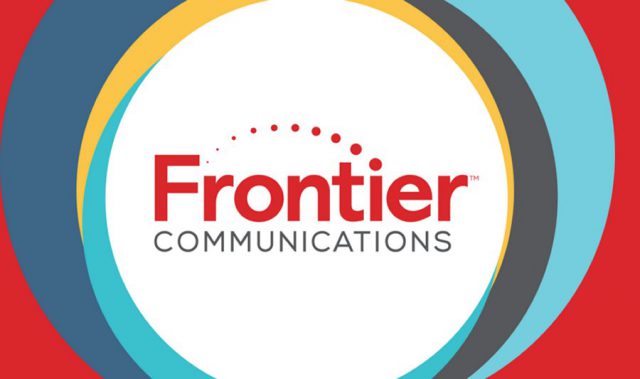 Frontier Communications will focus primarily on fiber upgrades in Connecticut and Texas in 2021, bringing fiber to the home service to more than 280,000 customers in Connecticut and at least 24,000 additional customers in the San Angelo area of Texas.
Frontier Communications will focus primarily on fiber upgrades in Connecticut and Texas in 2021, bringing fiber to the home service to more than 280,000 customers in Connecticut and at least 24,000 additional customers in the San Angelo area of Texas.
Company officials told shareholders it expected to bring fiber upgrades to 495,000 additional locations this year as part of a multi-year plan to scrap portions of its aging copper wire network and bring fiber to the home service to at least six million homes and businesses in its service area. The company previously announced it would focus its fiber upgrades primarily in its California, Texas, Florida, and Connecticut markets.
Frontier has a long way to go to make a dent in retiring its copper network, which currently still serves 11.8 million homes and businesses. Frontier has only committed to upgrade about half of those homes to fiber, leaving the rest stranded on copper or potentially eventually sold off to another provider.
The most noticeable construction activity this year has been in Connecticut, especially in Fairfield and New Haven counties. Customers in the area report Frontier selling 940/880 Mbps fiber service for $79.99 fixed price for three years. Customers can also choose 50/50 Mbps service for $49.99 or 500/500 Mbps service for $59.99 a month for up to one year. The two faster plans include a Ring video doorbell as a sign-up promotion. There are no data caps.


 Subscribe
Subscribe Residents of Hawaii, New Mexico, North and South Dakota, Ohio, Texas and Wisconsin will get a slight reprieve on their internet bill starting July 1, as taxes on internet access will end in the few remaining states that have been taxing service since 1998.
Residents of Hawaii, New Mexico, North and South Dakota, Ohio, Texas and Wisconsin will get a slight reprieve on their internet bill starting July 1, as taxes on internet access will end in the few remaining states that have been taxing service since 1998. Spectrum internet customers in parts of Central Florida and South Texas are getting twice the download speed they used to receive thanks to a series of quiet service upgrades still in progress.
Spectrum internet customers in parts of Central Florida and South Texas are getting twice the download speed they used to receive thanks to a series of quiet service upgrades still in progress.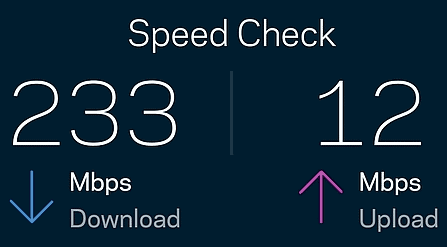 In South Texas, San Benito is one of the communities between Brownsville and McAllen seeing Spectrum’s usual download speed doubled from 100 to 200 Mbps.
In South Texas, San Benito is one of the communities between Brownsville and McAllen seeing Spectrum’s usual download speed doubled from 100 to 200 Mbps.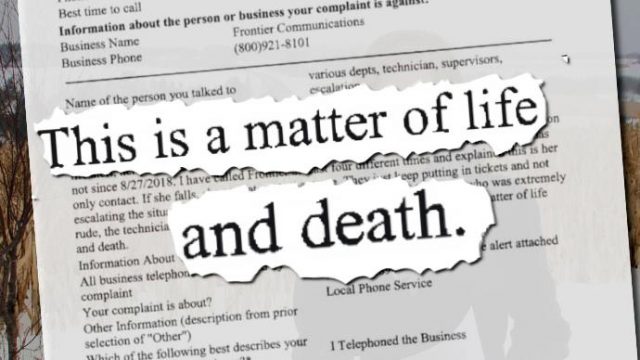
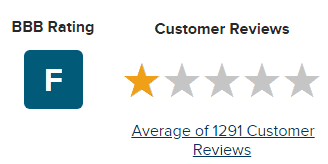 Frontier’s primary value is putting our customers first. Our fiber network and large rural copper network serves more than 4M customers.
Frontier’s primary value is putting our customers first. Our fiber network and large rural copper network serves more than 4M customers. Suddenlink is taking full advantage of a lax approach to regulatory oversight in Texas by laying its cables just about anywhere it pleases, and without talking to local officials about exactly what the cable system is doing.
Suddenlink is taking full advantage of a lax approach to regulatory oversight in Texas by laying its cables just about anywhere it pleases, and without talking to local officials about exactly what the cable system is doing.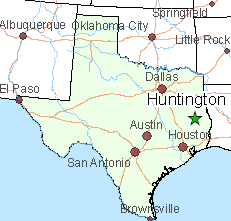 “For the most part, when they finally decided to do it they just started laying lines,” Stewart told the newspaper.
“For the most part, when they finally decided to do it they just started laying lines,” Stewart told the newspaper.